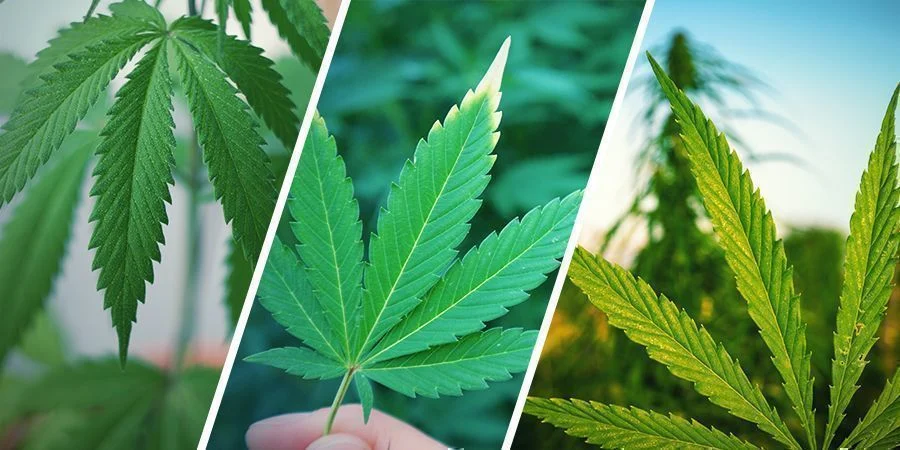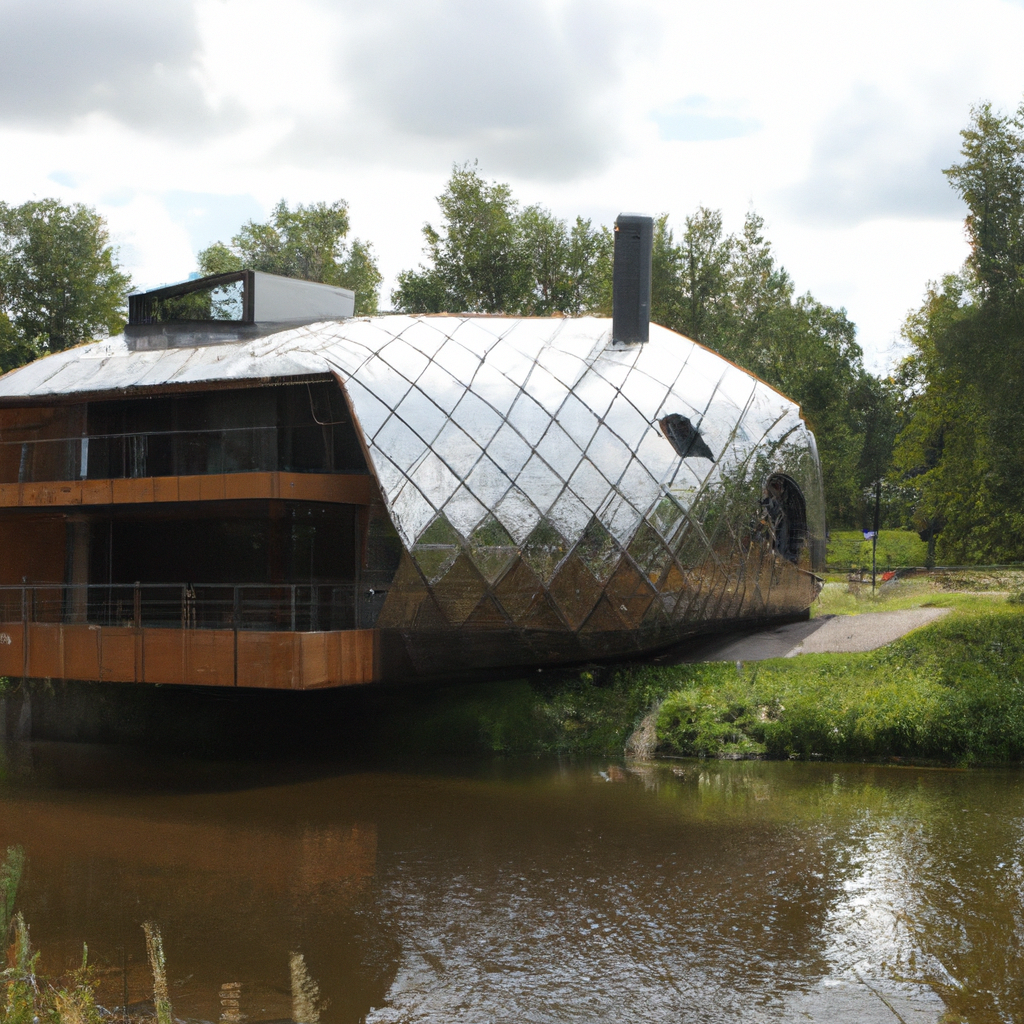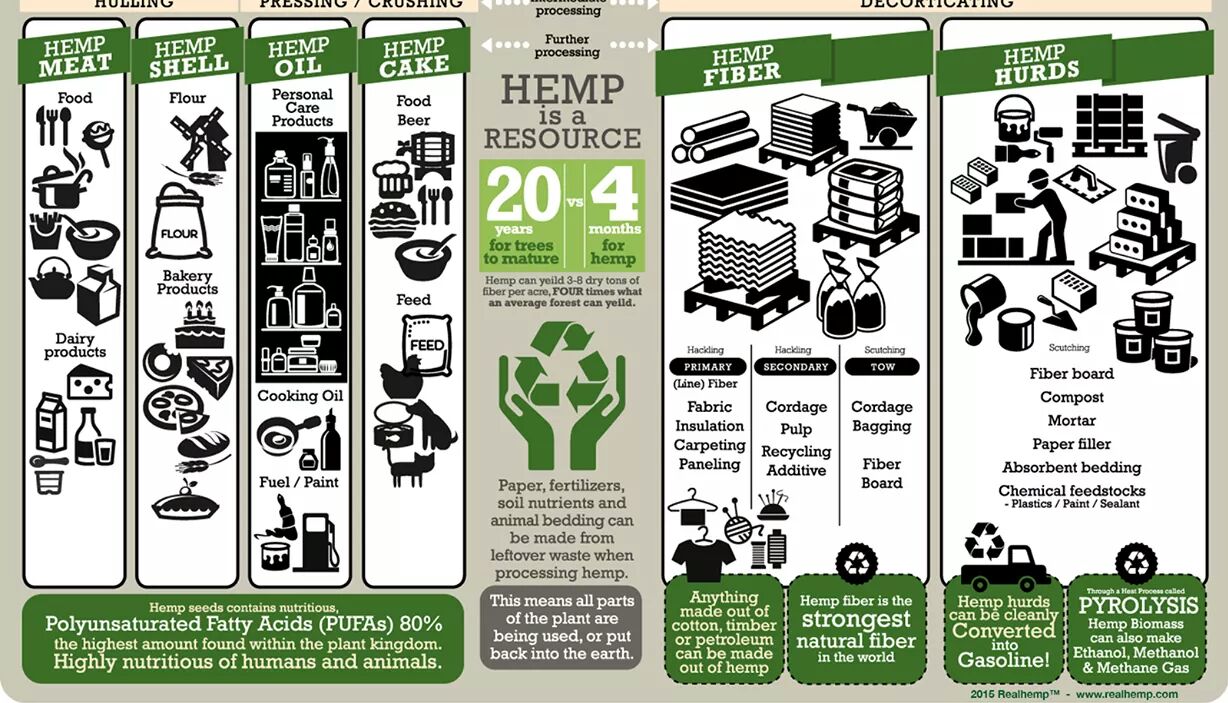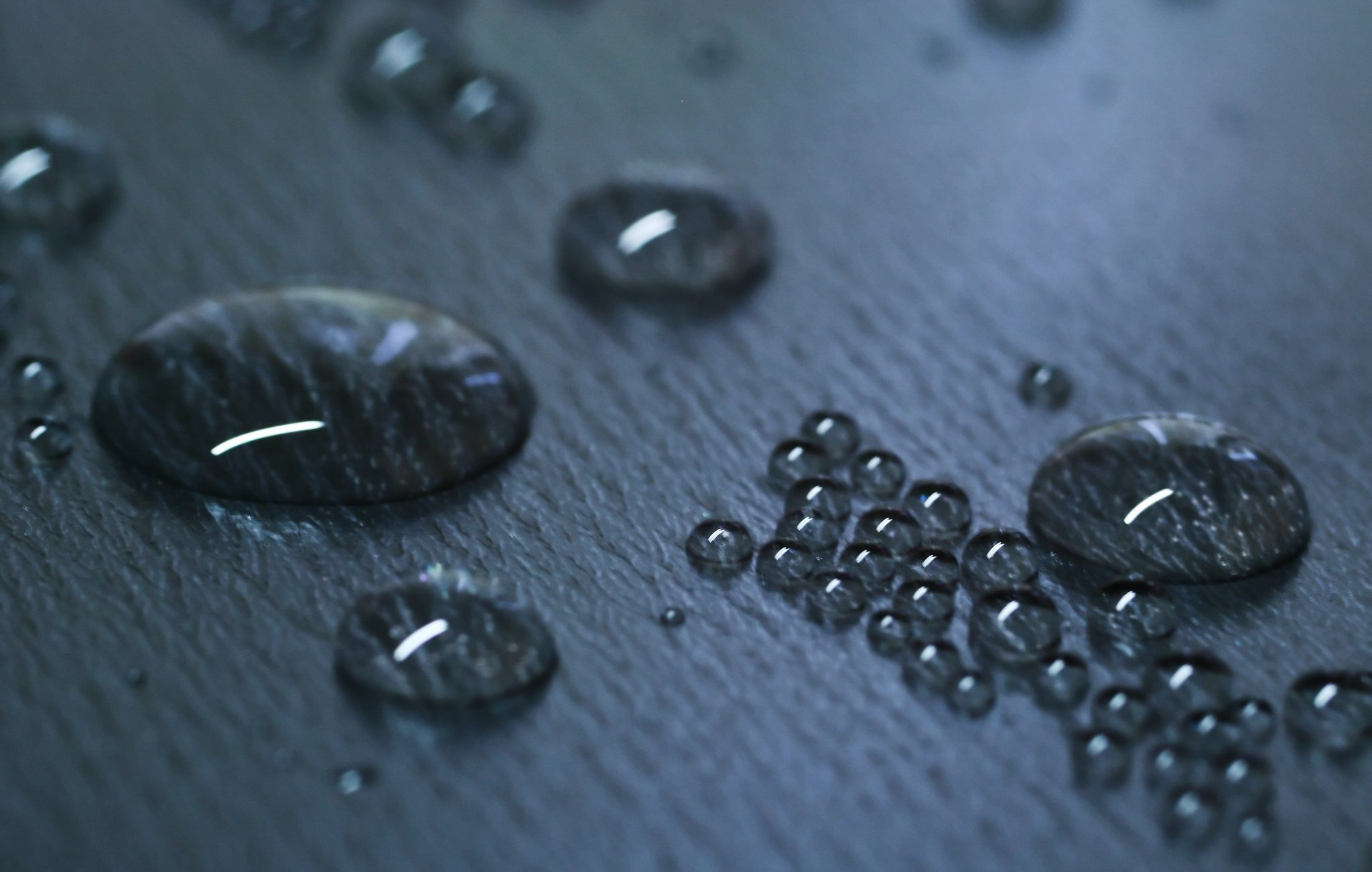
Hemp as a Promising Industry
Hemp, a strain of the cannabis plant, has gained immense popularity as a sustainable and versatile crop. It has a wide range of uses in industries such as textiles, construction, food, and medicine, among others. Hemp-derived products, such as CBD oils and other supplements, have also become increasingly popular in recent years. Starting a small-scale hemp factory can be a promising venture for entrepreneurs looking to enter the industry. In this article, we will examine the key factors in starting a successful hemp factory, from facility planning to sales strategies.
Facility Planning: Location and Building Design
The location of your hemp factory can significantly impact its success. Ideally, it should be situated in an area that is close to hemp fields or farms to reduce transportation costs. Additionally, the building design should be spacious enough to accommodate all the equipment, raw materials, and employees. The facility should also have proper ventilation systems, lighting, and temperature control systems to ensure that the hemp is processed efficiently and safely.
Equipment Selection: From Extraction to Packaging
A small-scale hemp factory requires a range of equipment to extract, process, and package hemp. Some of the essential equipment includes decorticators, which remove the outer layer of the hemp plant, and extraction machines, which extract CBD oil from the plant. Other equipment may include drying ovens, packaging machines, and quality testing equipment.
Quality Control: Ensuring Product Purity and Potency
Quality control is a critical aspect of any hemp factory. It involves ensuring that the product is pure, potent, and safe for consumers. Quality control measures may include testing the product for THC content, microbial contaminants, and heavy metals. It is also essential to maintain proper hygiene and sanitation standards in the facility to prevent contamination.
Sales Strategies: Targeting Niche Markets
To succeed in the competitive hemp industry, it is crucial to have a well-thought-out sales strategy. This may involve targeting niche markets, such as consumers looking for organic or locally sourced products or those looking for specific types of hemp-derived products. It is also vital to stay up-to-date with industry trends and consumer preferences to stay ahead of the competition.
Regulations and Compliance: Navigating Legal Requirements
Starting a hemp factory requires complying with a range of regulations and legal requirements. These may include obtaining licenses and permits, adhering to labeling and packaging requirements, and ensuring that the product is within the legal limits for THC content. It is essential to stay up-to-date with changes in regulations and compliance requirements to avoid legal issues.
Financial Planning: Budgeting and Funding Sources
Starting a small-scale hemp factory requires careful financial planning. It is essential to create a budget that includes all the costs associated with starting and operating the facility. This may include the cost of equipment, raw materials, employee salaries, and marketing expenses. Funding sources may include loans, grants, or investments from private investors.
Building a Successful Small-Scale Hemp Factory
Starting a small-scale hemp factory can be a profitable venture for entrepreneurs looking to capitalize on the growing demand for hemp-derived products. However, it is essential to carefully plan and execute all aspects of the business, from facility planning and equipment selection to sales strategies and compliance with regulations. With the right strategy and careful planning, a small-scale hemp factory can thrive in the competitive hemp industry.


























